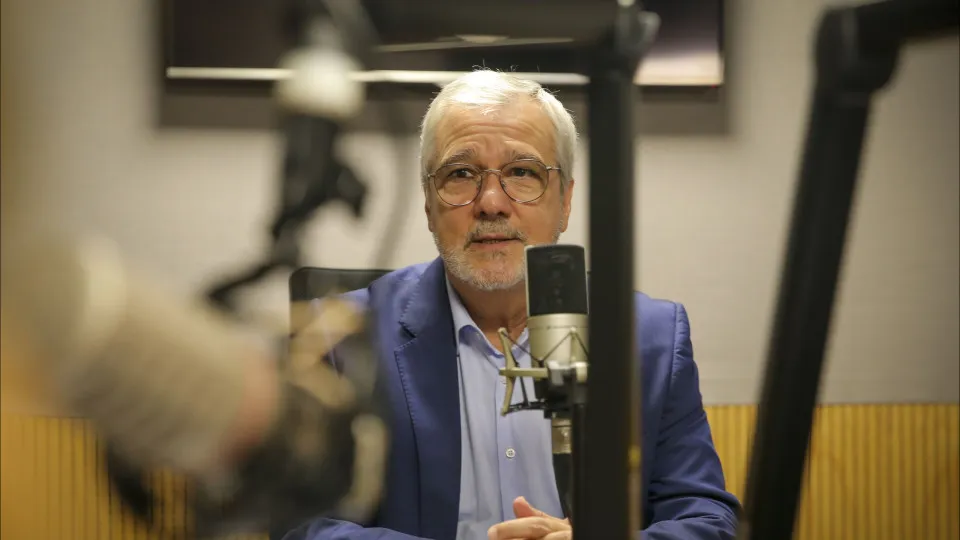
As new data released by Pordata, the statistical database of the Francisco Manuel dos Santos Foundation, marks World Environment Day, highlighting that per capita greenhouse gas emissions in Portugal reached five tonnes of CO2 in 2023.
Portugal ranks as the third country with the lowest greenhouse gas emissions in the EU, following Malta and Sweden, with emissions of 4.1 and 4.2 tonnes, respectively.
The Pordata report also emphasizes a “significant reduction” of nearly half in the emissions from cars registered in Portugal, dropping from 169 kg per kilometer in 2000 to 90 grams per kilometer in 2023.
This trend is common across most of the EU member states, placing Portugal in 6th position, behind Belgium, the Netherlands, Denmark, Sweden, and Finland.
Despite the positive trend in greenhouse gas emissions, the report points out the high levels of fine particle emissions from the industry sector.
In 2022, the latest data year, Portugal emitted 2.24 grams of fine particles per euro of wealth generated by the industry, with the chemical and paper industries being the primary contributors.
“The total fine particles emitted into the atmosphere cannot be offset by the wealth generated by the industry,” the report states.
In this area, Portugal is at the bottom of the list, with values nearly 100 times higher than Germany, which ranks fourth.
Similarly, Pordata notes a negative trend with the doubling of urban waste since 1995, reaching 5.6 million tonnes in 2023, an average of 1.4 kilograms per inhabitant.
Portugal is not only one of the countries with the highest per capita production of municipal waste in the EU context but also among those that send the majority of waste to landfill.
54% of the waste produced ends up in landfills, with only 17% used for organic recovery, 17% for energy recovery, and 12% for multi-material recovery.
The Pordata data on the occasion of World Environment Day confirms a “clear warming pattern” of air temperature since 2000, based on records from weather stations in Bragança, Castelo Branco, Lisbon, Beja, and Funchal.
The Bragança weather station recorded the highest increase in maximum temperature with nearly a 3ºC difference from 1960, rising from 17.2ºC to 20.1ºC.
In Funchal, average and minimum temperatures have shown differences of over 2ºC in the same period, increasing from 18.6ºC to 21.0ºC and from 15.5ºC to 18.1ºC, respectively.
In terms of land configuration and protection, Portugal ranks among the EU countries with the most shrubland (17.5%) and the least agricultural land (16.3%).
Only 22.4% of the surface area is classified as protected, ranking as the 12th EU country with the lowest percentage of protected land, but Portugal stands out positively in marine area protection and could become the country with the largest extent of protected marine areas this year.
With the new areas of the Algarve Marine Natural Park Reef of Valado and the revision of the Azores Marine Park, effective in September, protected marine areas will surpass 200,000 square kilometers, covering about 19% of the sea.
Regarding Portuguese beaches, the vast majority of coastal beaches have excellent water quality, but only 67% of river and lake beaches meet this standard.




